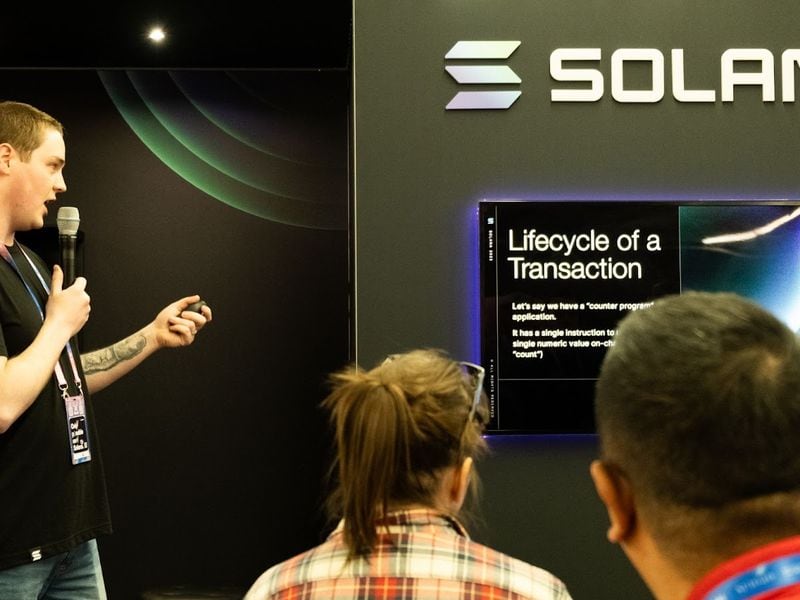Ethena Labs has proposed to the USDe community that SOL be added to its mix of collateral.
USDe is unique insofar that it maintains $1 peg with collateral, hedged trades, and risk-managed reserves.
Ethena Labs, the entity responsible for developing and maintaining USDe, has proposed bringing onboard (SOL) as part of the synthetic stablecoin’s mix of collateral that forms its treasury.
USDe differs from stablecoins such as Tether’s (USDT) or Circle’s (USDC) because it’s a synthetic stablecoin and not backed by fiat assets at a 1:1 ratio. The stablecoin maintains its $1 peg by collateralizing stablecoins and leveraging a hedged cash-and-carry trade, which involves taking futures positions with large open interest available to stabilize value, supported by a reserve fund to manage risk in fluctuating market conditions.
If the proposal is approved by Ethena’s Risk Committee – which is independent of Ethena Labs – SOL will be gradually integrated as a collateral asset for USDe, with an initial allocation target of $100-200 million in SOL positions. This initial allocation would represent roughly 5-10% of SOL’s open interest, similar to its 3% stake in BTC’s global open interest and 9% in ETH.
The proposal also considers using liquid staking tokens (LSTs) like BNSOL and bbSOL, similar to how Ethena utilizes ETH LSTs, which currently represent one-third of its ETH allocation.
Recently, Ethena announced that it had allocated $46 million of its reserve fund for USDe to tokenized real-world asset investments in BlackRock’s BUIDL, Mountain’s USDM, Superstate’s USTB, and Sky’s USDS, aligning with DeFi’s trend toward yield generation from asset-backed tokens.

























